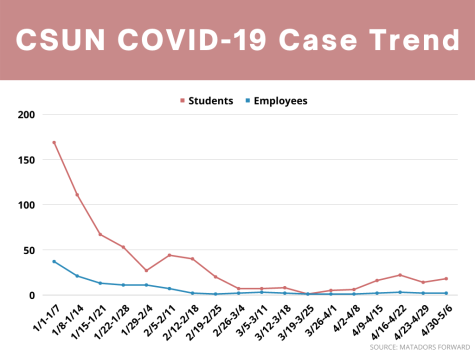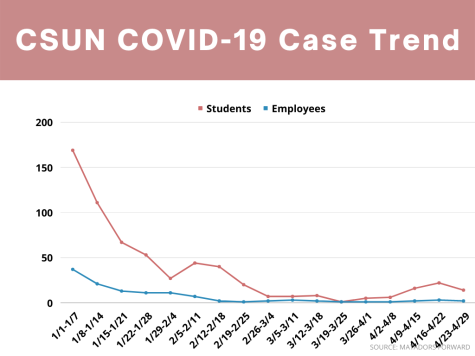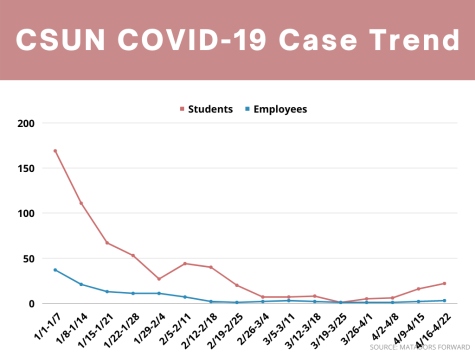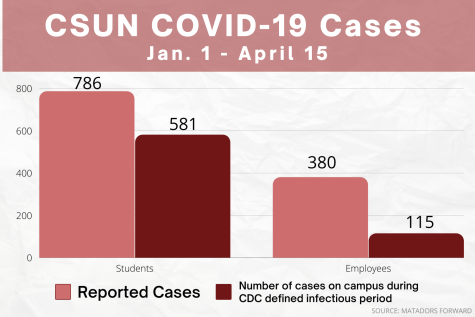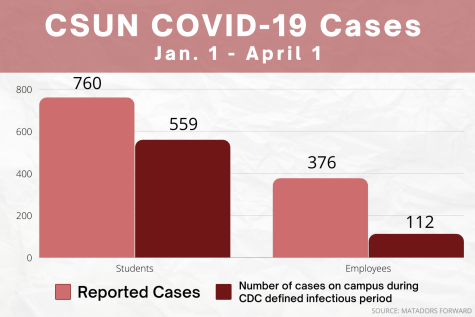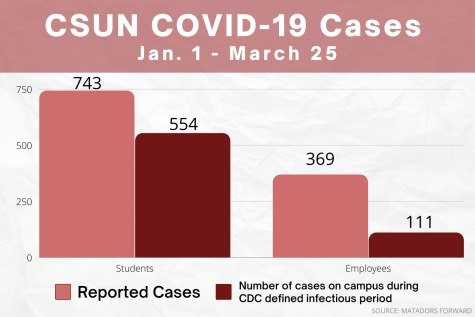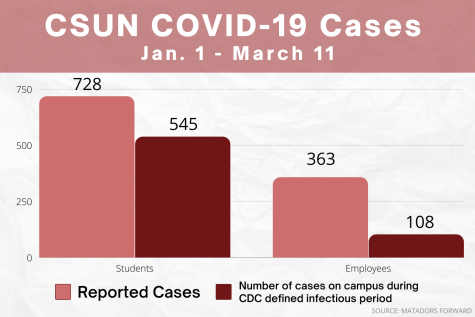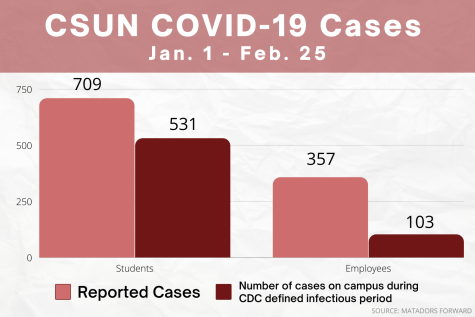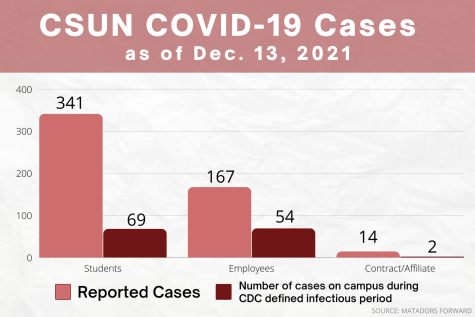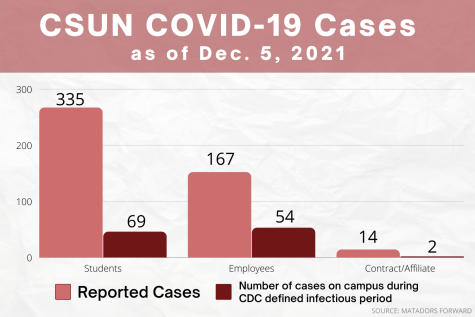Life during COVID-19: Danielle Feitosa, Brazil/U.S.
June 24, 2020
Having graduated from CSUN this spring with a master’s degree in mechanical engineering, Danielle Lima Feitosa, an international student from Brazil, made the difficult decision to stay in Los Angeles in the wake of the COVID-19 pandemic, with hopes to continue working in the United States.
Many international and national exchange students at CSUN are bracing for what the future holds in the midst of the coronavirus pandemic. With travel restrictions being a new reality, some students were compelled to leave the campus due to the virus, while others had no choice but to stay.
“I am applying to Optional Practical Training so that I will be able to work here, and during your application you cannot leave the country,” Feitosa said. “We are concerned about what is happening here and what is happening in our country.”
Many international students make use of OPT, which authorizes them to be able to work in the U.S. for a year once they attain their degree. As Feitosa’s degree falls into the science, technology, engineering and math category, she has the unique opportunity to extend her OPT for an additional two years.
On June 22, President Trump issued an executive order suspending green cards and the H-1B, L-1, J work visas until the end of the year. The F-1 visa is not included in the suspension, but it is uncertain if its exclusion might change.
According to Marta Lopez, director of CSUN’s International and Exchange Student Center, “it appears that the president’s order does not affect students, however we won’t know until more details are shared. Until we know more, we cannot speak with absolute certainty.”
Once her OPT is approved, Feitosa has a 90-day grace period from its start date to find a job.
The job must be related to mechanical engineering — her field of study. If she does not find a job in time, Feitosa will have to leave the country.
“The problem is a lot of the companies are not doing interviews right now, they are not even open,” Feitosa said.
Feitosa and other students have signed a petition asking for the grace period to be extended for OPT recipients. CSUN’s International Exchange Student Center is looking into the matter.
“There are too many disadvantages,” Feitosa said. “I am a woman; I am an immigrant. I just got out of university so I don’t have experience … and now there is the virus.”
On top of her job search struggles, Feitosa is separated from her family. While the situation throughout Brazil is dim, her hometown, Fortaleza, was struck especially hard. Up until early June, Fortaleza had the highest mortality rate of COVID-19 in Brazil.
Feitosa’s mother contracted the virus. Approximately two months ago, her mother began experiencing symptoms of COVID-19, which included fatigue and fever. Despite the fact that Feitosa’s father is a doctor and the family had the means to pay, Feitosa’s family were unable to secure a COVID-19 test.
“They didn’t have any tests in my city in Brazil,” Feitosa said. “It took very long for her to be able to do the test. She was not able to do the free one in my city because they had a very limited number of tests … Imagine for someone who is poor with no connections, they would never be able to do the test. This is what makes me so sad and frustrated because I know the numbers in Brazil are very wrong.”
By the time Feitosa’s mother got her hands on a test and tested positive, her symptoms began subsiding and she has now completely recovered. She did not suffer any breathing problems and no other family members have contracted the virus.
The challenges for international students range from being away from their families, as well as their home university, and scrambling to find a job in order to stay in the U.S. with their OPT during an unprecedented time.
“The most difficult part is to find a job,” said Feitosa. “It’s a lot of pressure on us to find a job in three months or have to leave the country. A lot of us want to have the experience to work here. I don’t have any plans to go back to Brazil. If I don’t get (a job) here I think I’ll go to Canada or Germany.”
The U.S. has banned most travel from Brazil, with exceptions for U.S. citizens and permanent residents, but Brazil’s government is allowing people to fly in and out of its country.
While every new day brings new updates on the pandemic, it is unclear when travel restrictions will loosen.
Lopez said CSUN’s International and Exchange Student Center is making sure that all students are being taken care of in accordance with each of their particular needs at this time. The center served 1,249 international students last semester.
“While we cannot predict what will happen in the future, IESC will continue to assist students on a case-by-case basis and depending on each student’s specific circumstance,” said Lopez, in an email interview.
IESC is also working closely with students’ home campuses and to remain aware of any changes made on their part.
She said they are prepared to make any adjustments needed depending on the circumstances.
Regardless of what lies ahead, Feitosa remains hopeful as she looks into what the future has to offer, but caution remains her closest ally.
“I would not think to be traveling back to Brazil for at least a year. Hopefully I’m wrong. Hopefully we get a vaccine but my current perspective is we’re a year away from things going back to normal.”
